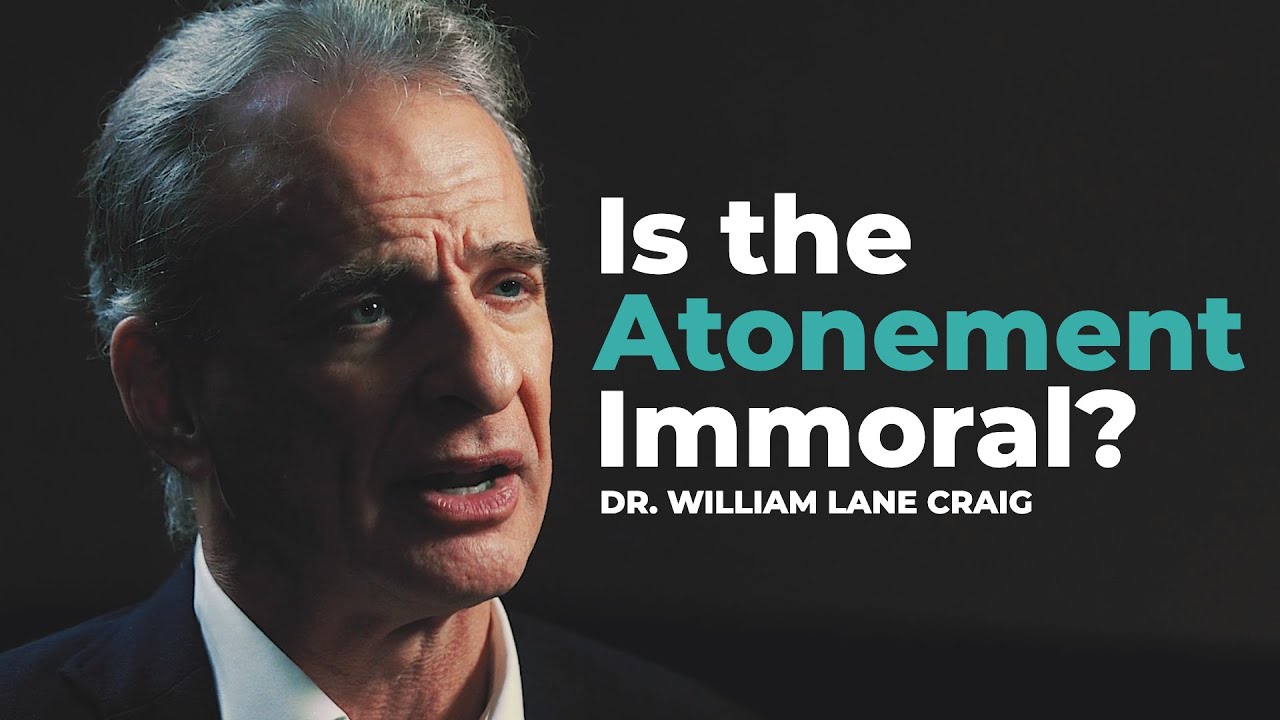Penal is found where in the ECFs ?
Thought you said you have read William's book?
An aside-do you hold to Christos Victor-or Moral Government?
1.1.2.1 Propitiatory Sacrifices
At least some of the OT sacrifices were clearly propitiatory.
A premier example is the sacrifice of the Passover lamb. This
sacrifice was not originally instituted for the purpose of expiation;
rather, the blood of the lamb smeared on the doorframes of
Israelite homes served to shelter them as God’s judgment swept
over Egypt (Exod 12.13).
Had they not offered the sacrifices, God’s
deadly judgment would have fallen on the Israelites, as well.
Propitiation is also in view in the various priestly sacrifices
offered in the Tabernacle (and later, in the Temple). The careful
regulations concerning the sacrificial offerings are to be understood against the background of God’s striking down Aaron’s sons
for their unlawful offering of sacrifices in the Tabernacle precincts
4 A popular account may be found in Morris (1983, ch. 2). For detailed, scholarly
discussion, see Milgrom (1991, pp. 133–72). We have little knowledge of sacrifices outside the Levitical system.
The so-called burnt offering seems to have
existed prior to its incorporation into the Levitical sacrificial system and was
offered both to propitiate God (Gen 8.21) and to expiate sin (Job 1.5; 42.8)
10 Elements in the Philosophy of Religion
of use,
available at
https://www.cambridge.org/core/terms.
https://doi.org/10.1017/9781108558020
(Lev 10.1–2; 16.1). God was conceived to be specially present in the
innermost sanctum of the Tabernacle, which therefore had to be
approached with utmost care. It was a dangerous business to have
a holy God dwelling in the midst of a sinful and impure people, as
we see in God’s warning to the people of Israel: “You are a stiffnecked people; if for a single moment I should go up among you,
I would consume you” (Exod 33.5).
The sacrificial system functioned to facilitate the juxtaposition of the holy and the unholy.
It did this, not merely by purging the Tabernacle and its paraphernalia of impurity, but also by propitiating God and so averting His
wrath upon the people.
The roasting of the sacrificial animals, in
particular, is repeatedly said to produce “a pleasing odor to the
LORD” (e.g., Lev 1.9), which implies that the sacrifices helped to
cultivate God’s favor (cf. Gen 8.21).
1.1.2.2 Expiatory Sacrifices
Certain OT sacrifices also served an expiatory function. In the
priestly system of sacrifices, the sacrificial offerings served to
remove ceremonial impurity and/or moral guilt.5
Some commentators have overemphasized the function of the sacrifices in purifying the Tabernacle and its sacred objects to the neglect of the
sacrifices’ role in cleansing the people themselves of guilt and
impurity.
Reducing the function of the sacrifices to the cleansing
of objects alone is implausible and fails to do justice to the biblical
text.
For purging objects of impurity while leaving the worshippers
themselves guilty and unclean would fail to address the root of the
problem. Moreover, the text repeatedly promises, “the priest shall
make atonement on your behalf for the sin that you have
5 Three broad categories of sin were recognized: unintentional sins, intentional
sins short of apostasy, and intentional sins of apostasy. The Levitical personal
sacrifices availed for expiation of sins only of the first two types; persons
committing “high-handed” sins were to be cut off from the people, unless
through the intercession of a mediator (such as Moses) God should pardon
them (Sklar 2015). The fact that sins could be thus pardoned without sacrifice
suggests already that the animal sacrifices served a ritual or symbolic function
(Heb 10.1–4).
Excerpt from William--
